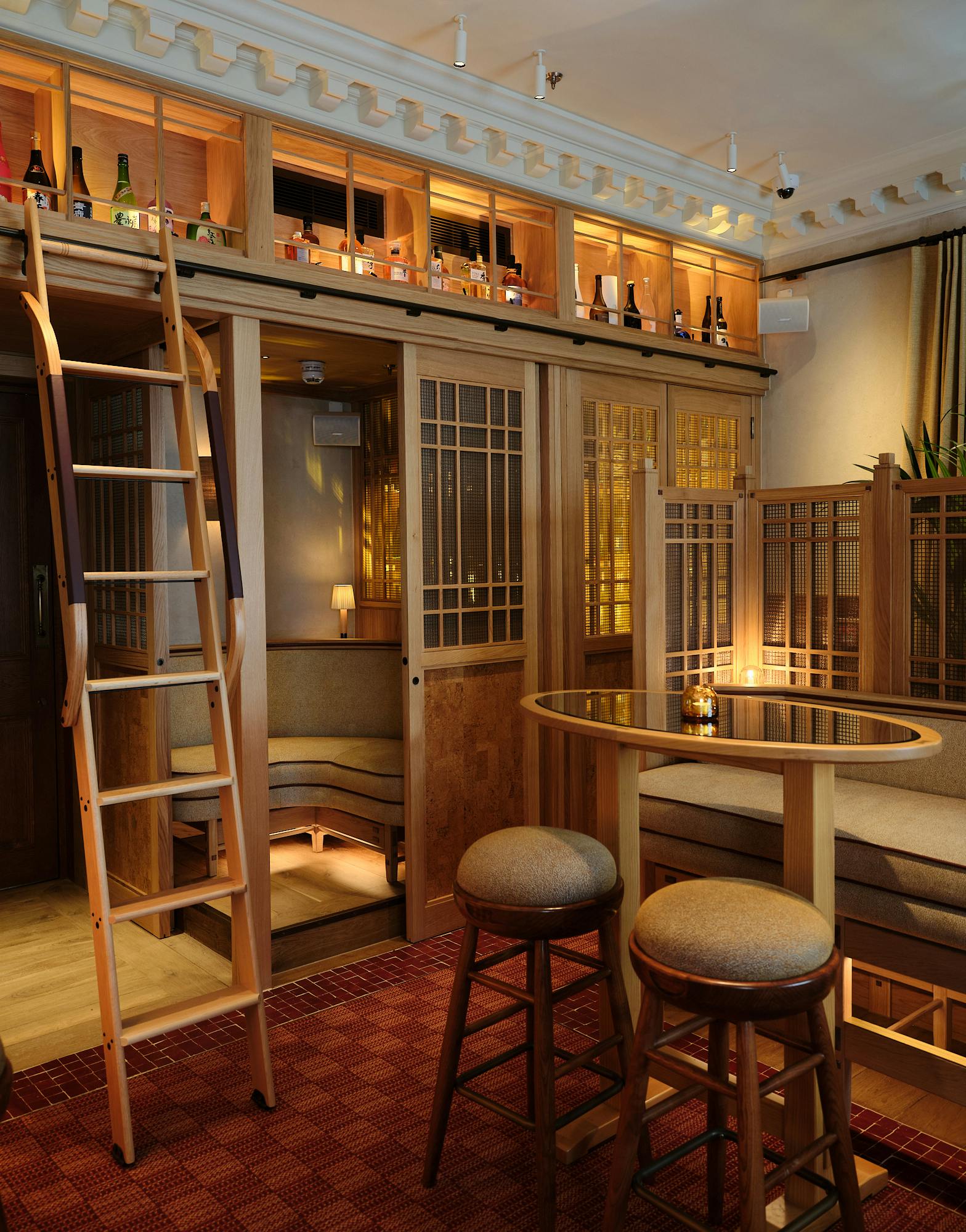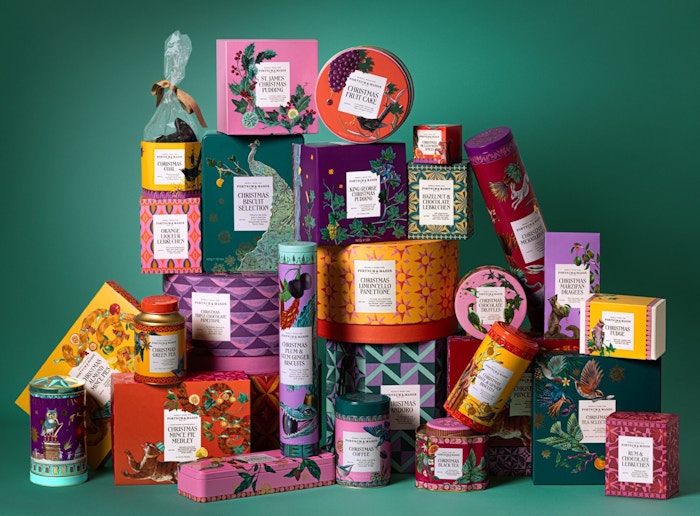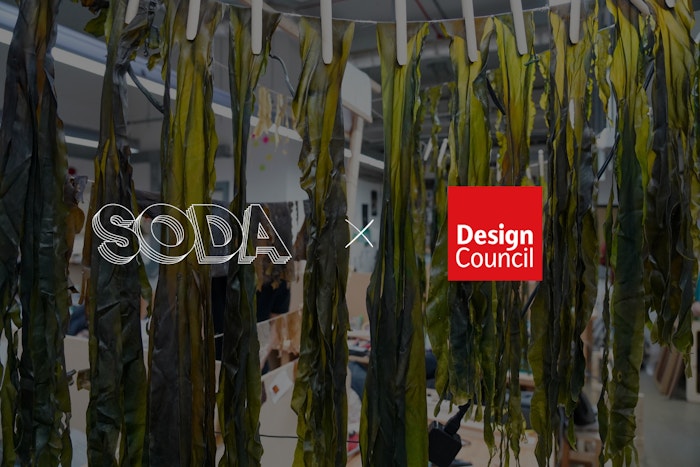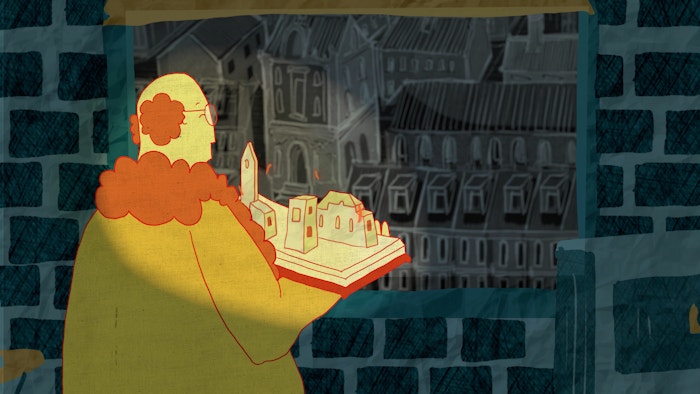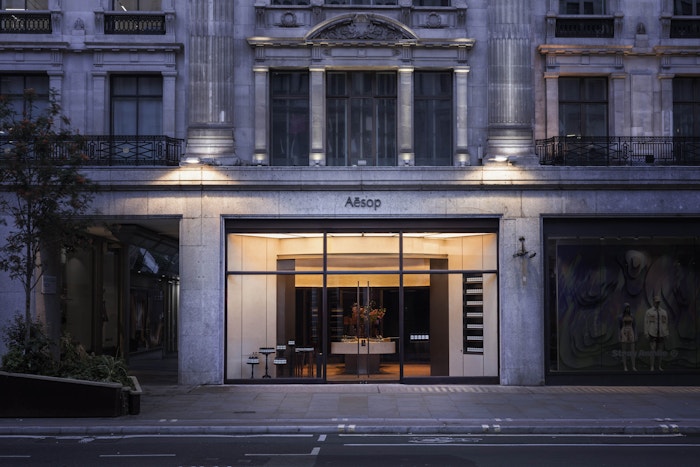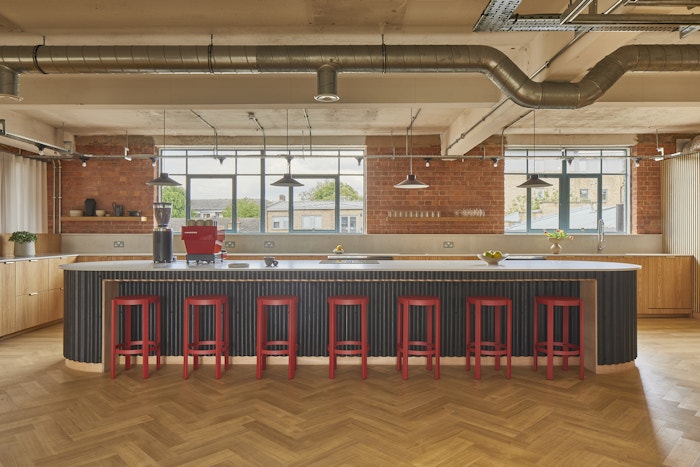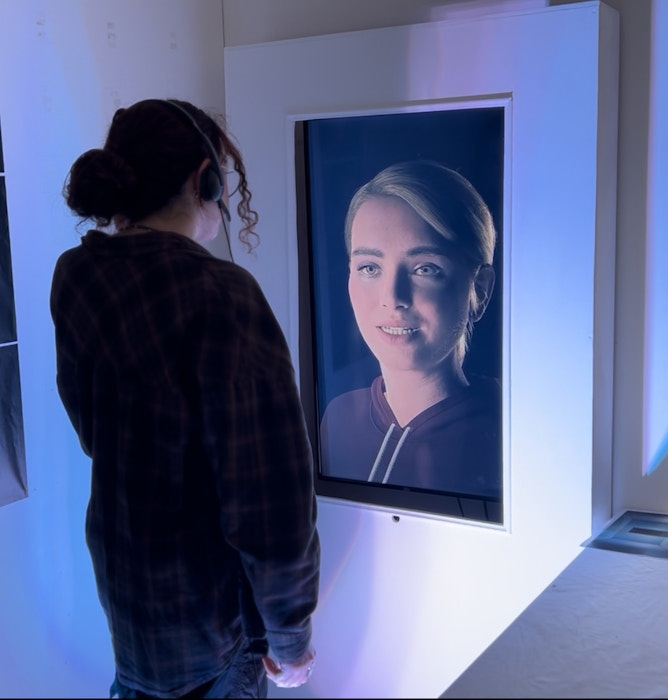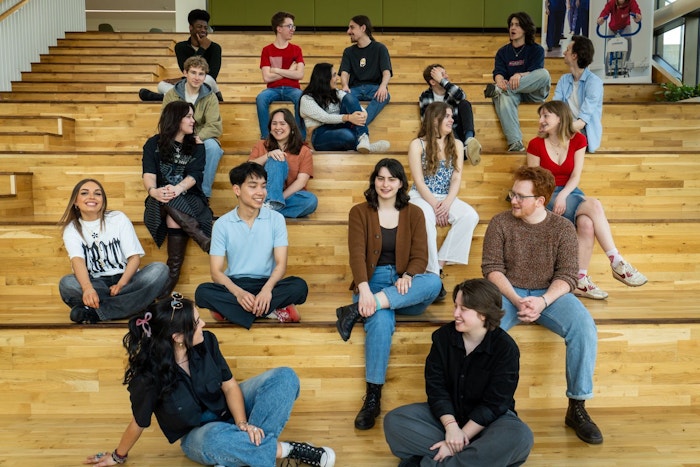
08 Mar 2017
Dean Di Simone
With a background spanning architecture, product design and engineering, Dean Di Simone founded the prestigious boutique creative agency, Tender Creative, which sold to VSA Partners in 2012. A dynamic agile worker, he is now a partner in Tokyobike having helped launch the aspirational bicycle in America. Here he shares his insights into the current state of branding and reveals what makes Tokyobike attract such a wide and growing following ...

Dean photographed on Elizabeth St, NYC
There is a growing trend towards ‘crossover’. Agencies will win work based on previous unrelated projects, and seemingly unrelated brands are collaborating in surprising and unexpected ways. How has this played out in Tokyobike and where do you see the trend going in terms of branding?
With Tokyobike we have a brand that reaches far outside its segment. Our customers are diverse, multi-tasking, and they have a variety interests. So how do we show them that we’re relevant to them? The way to do it is to make sure that people can consume the brand in a way that fits into a broad and flexible lifestyle… this is the pure, philosophical way of looking at it. Less brands are saying ‘we are this only’ and I think people are realising you can broaden it out and make it more appealing by mixing in other segments and elements. That’s what we’re doing.
We’ve seen incredible success in aligning with like-minded brands in different segments. For example, Ace Hotel have an audience that would never know about Tokyobike, but we know it’s a relevant audience for us and vice versa. So it’s really about capitalising on a certain demographic that is already established around following a certain brand. So for pure tactics, the minute you create crossover or do collaboration or shared marketing with a like-minded brand, you connect your own audience with their audience. There’s relevance. By doing a well planned and thought-through collaboration, you are actually buying a dedicated following.
What would you say is the ‘DNA’ of brand loyalty now? How can brands inspire a sense of loyalty?
You have to find an audience that feels your voice is relevant to them. But not only relevant, you have to appear aspirational to them. If you can tap into an interest and introduce new content, new ideas, new thinking within that channel, you’re going to find success. Over the past 10 years with the blogosphere people have been trying to find voices that are authentic and opinions that can introduce competition. For example, a sneaker-head might say ‘You should be paying attention to what Nike just did, Adidas just did that, and Common Projects just did this.’ People are trying to learn more about a topic or a segment and now brands are starting to do this in a very interesting way through collaborations, saying ‘This isn’t all about us, we’re all fighting for the same thing’, which is: how to deliver a good experience, how to provide insights into things that matter.
I also think brands are becoming way more comfortable with having a voice that can also be inclusive of their industry. Rather than saying ‘we want that whole market’, it’s ‘we are showing you we are confident and different in that marketplace’, but the marketplace itself is still important.

The last 5-10 years have felt like a very ‘fluid’ period in branding and marketing, with lots of rapid changes and disruption. Do you see stabilisation in terms of the rate of change, or do you see a continuation of this state of flux?
The smaller, newer design companies are doing things the bigger brands can’t do. A lot of them are disruptive because they are rethinking the way things have to be done - for the environment but also from a cost-perspective. They want to do things right and in an innovative way. There’s going to be this very interesting balance between the stalwarts, the brands that aren’t going anywhere, the ones who are constantly trying to reinvent but who are also quite stable, and the younger, more agile players. They are not trying to squash them, but actually trying to embrace them. They’re realising that your competitive set can be your best ally.
The big boys can make major changes and disrupt entire industries, but on the other side the small companies that will do really innovative things that can’t be done at scale. It’s about introducing new ways of thinking and really embracing each other. It’s all going to be about good ideas. Design is now king. If you can let design lead a brand, you’re in a good spot.
Nearly all companies and brands talk about ‘engaging emotionally’ with consumers. What’s your take on this? Can brands ever be ‘authentic’ ?
In terms of ‘emotional branding’, about 10 years ago I read Marc Gobe’s book on the subject and I was intrigued. However, I think it’s now come full circle and it’s at the point where it doesn’t really feel authentic anymore. For me I think the brands that are having the most success are the honest brands. They’re not trying to play with your emotions as much as they’re revealing their own. It’s in that naked interface with the brand that you can have this authenticity, that you can have a relationship with the brand. There’s a big advertising trend of telling the consumer how they should feel, whereas brands like Outdoor Voices are interesting because they are raw and not afraid to be what they are. Authenticity is the new emotional connection.

Tokyobike has become a modern lifestyle brand reaching far beyond the bicycles themselves. Based on what you’ve learned, what is your opinion on how to build a modern lifestyle brand? If you were to start from scratch what would your approach be?
Firstly, you have to be true to who the brand is. Don’t try to be something you’re not, don’t try to compete where you can’t. Be very honest and genuine. Secondly you have to have a product you believe in. It has to be a product you would use or consume or can stand by. In any new brand there has to be a focus on quality; whether through craftsmanship or design. If you don’t have that you’re not worth your salt. So just get out of the business because you’re going to get eaten up by someone else that is. That’s the trend; people are really focused on quality right now.

Thirdly I think you have to have something that remains true. You can’t be one of these brands that pivot from their core values. Adaptation is great, but if you’re today’s news and tomorrow you’re something completely different, they won’t want to build a relationship with you. In cities life is so fast-paced, so we collectively value relationships. We think any brand that’s going to stick around means having a relationship with them, having dialogue with clients, being clear about your faults.
For the more traditional or larger brands it’s all about the sale. We’d all like to make more money but if you’re not selling in the right way to the right people, it doesn’t do anything good for us. I think a big detriment to brands is when the customer experience ends when they leave the store and they don’t care about the product and it ends up being just a side note. It’s a wasted opportunity. At Tokyobike we try to prevent this happening at all costs, and I think every modern lifestyle brand should endeavour to do the same.
- Dean was interviewed by Tim Duncan
- Photography by Samuel John Weeks
- Words by Alex Mills
- https://tokyobike.com - "The bike is simply a way to enjoy your city, as much about the journey as the destination"
